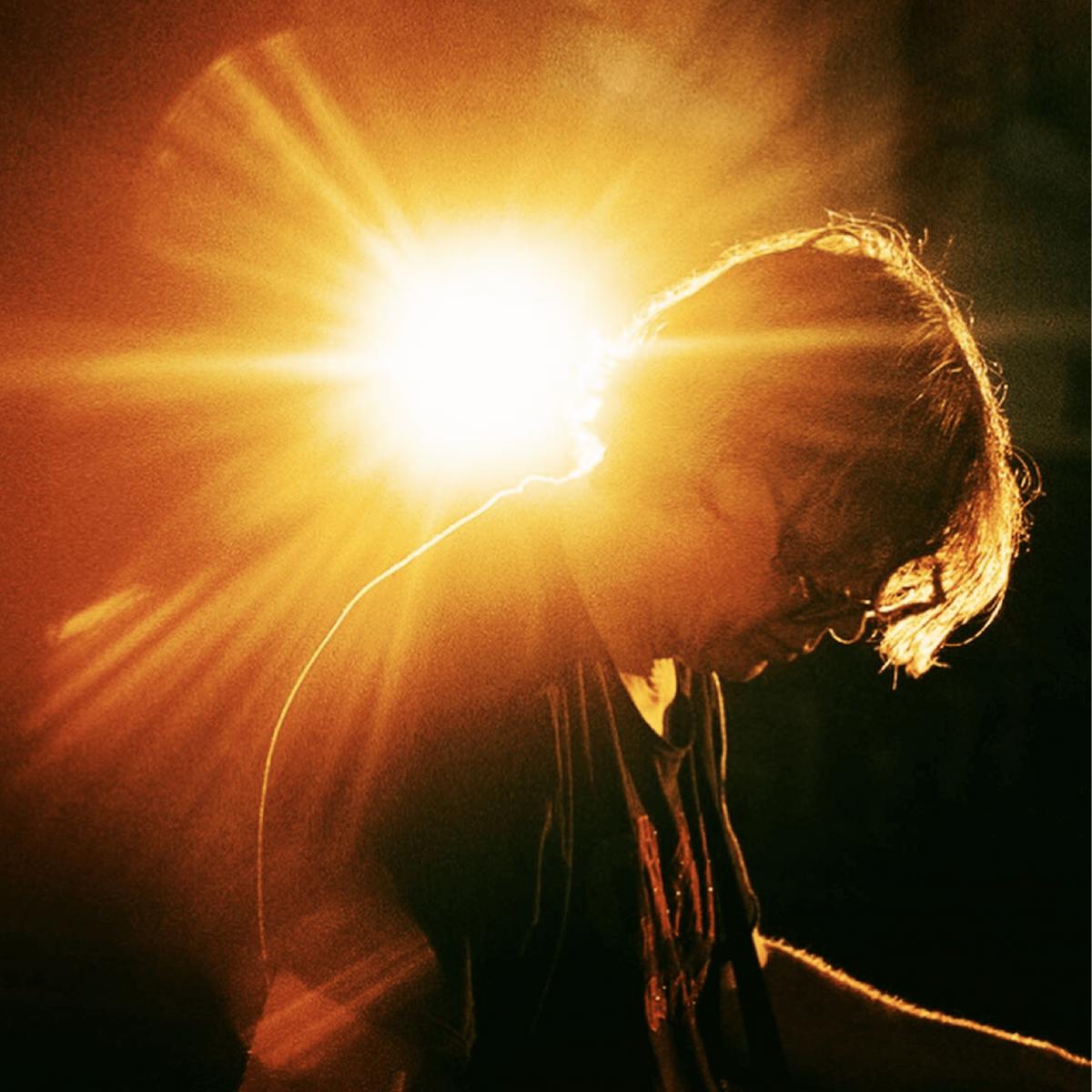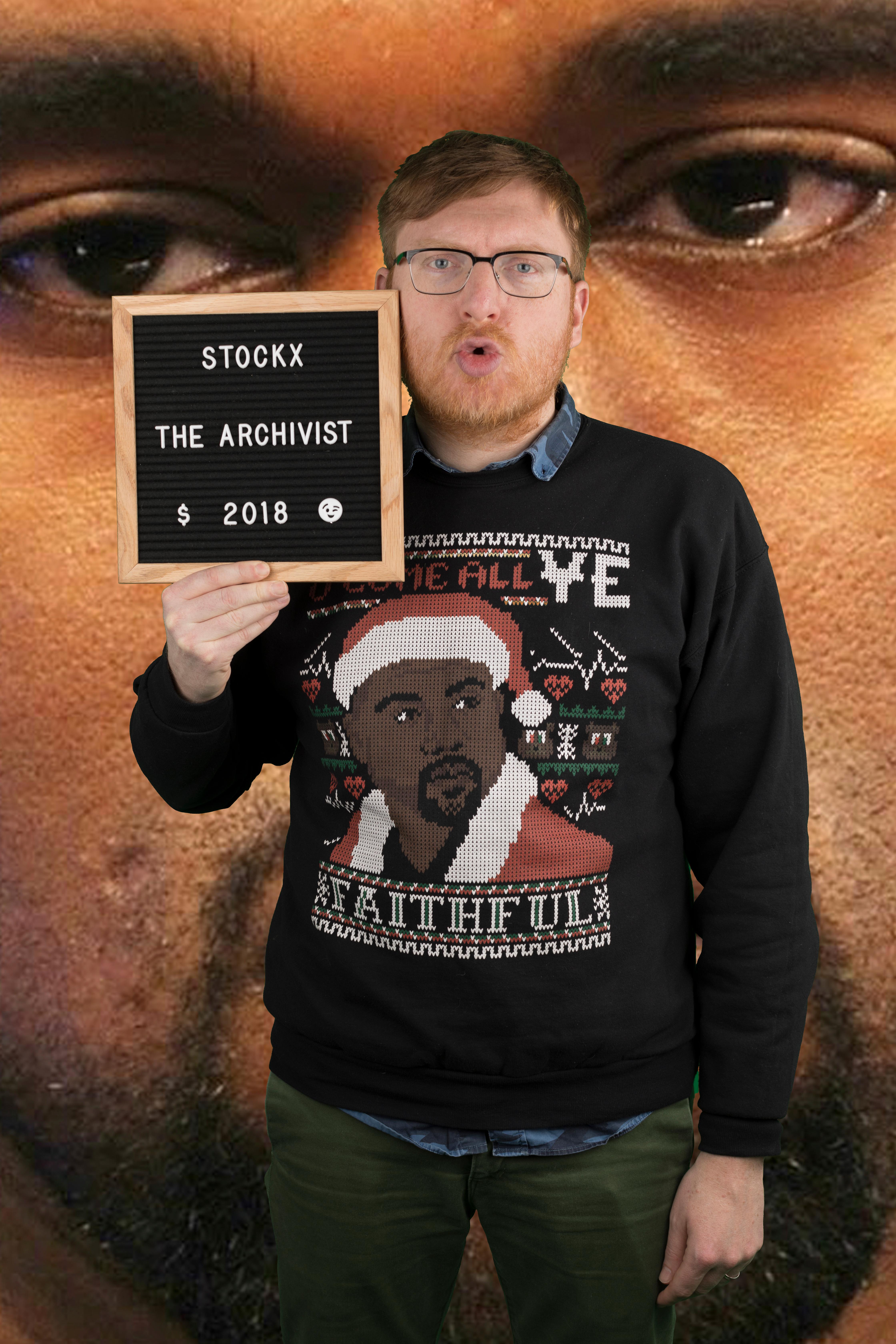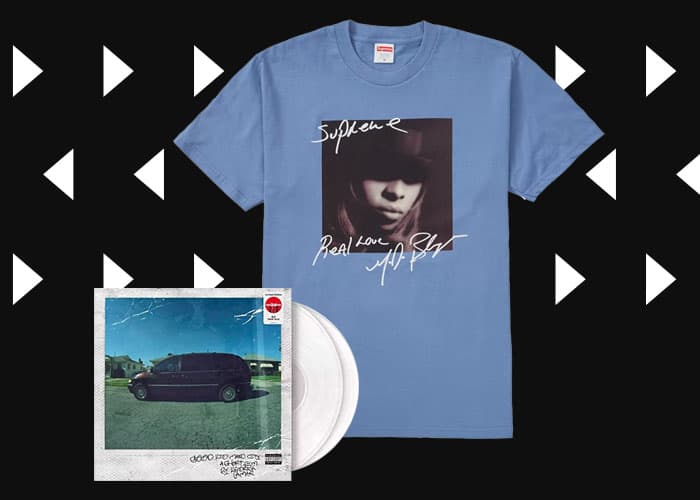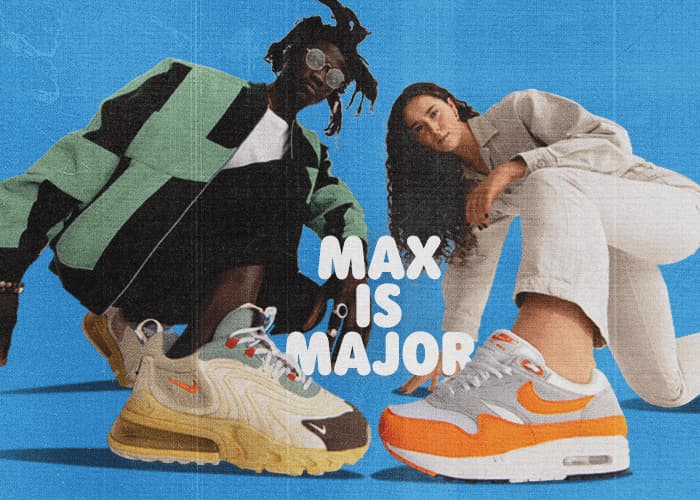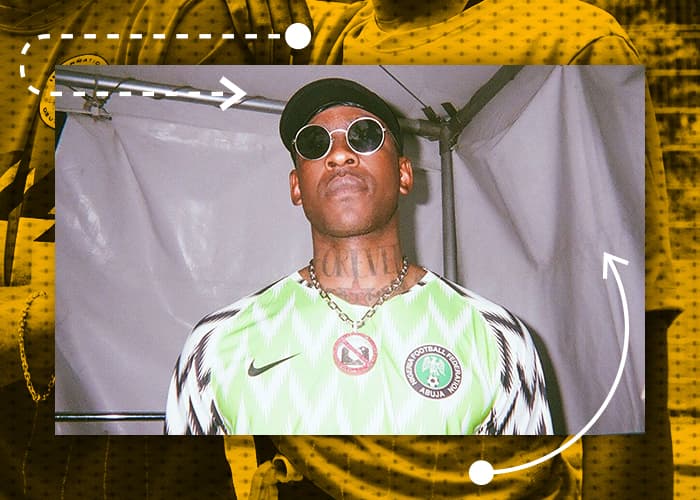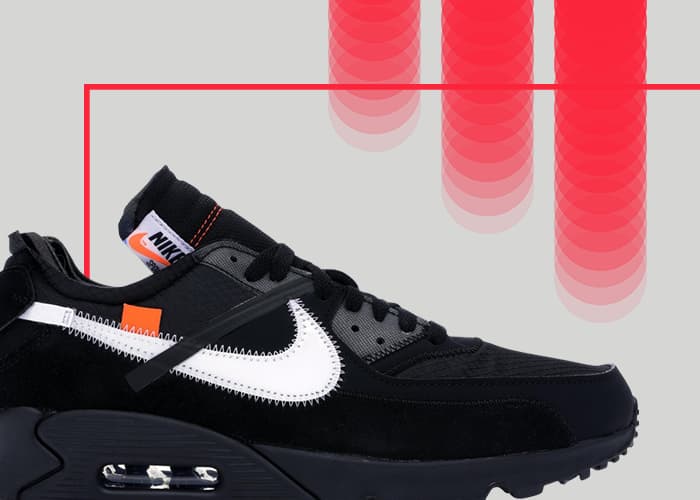
Thurston Moore is a towering figure in the world of experimental, alternative, and rock music. Co-founder of the legendary Sonic Youth, Moore has been at or near the center of just about every important musical and cultural inflection point since the early 1980s. He’s just that fucking cool. More importantly, he’s a storyteller interested in the human condition and the world around him. It’s this trait, more than anything, that has sustained his expansive artistic projects over the last 40 years.
Following the release of Moore’s newest record in September, By the Fire, and before the presidential election, we talked about his love of punk rock economy, resisting without naming the enemy, and his sense of hope for the future.
The following interview has been slightly edited.
What are some of the influences that informed your new album, By the Fire?
For me, these days are just so open-ended on the matrix of recorded music, history, and influences. Early on, influences were really sort of specific and direct. When I first moved to New York in the late 1970s, and getting it together there by the early 1980s with Sonic Youth, I think influence was really what was coming from the neighborhood. And it was all about punk rock. Punk rock was all about economy and being direct: straight from the heart and straight to the heart. But at the same time, in downtown New York, there was all this experimental music going on and cohabitating with the aesthetic of rock.
So I started playing with these really radical electric guitar composers like Glenn Branca and Rhys Chatham, who were taking this kind of energy music and being way more expansive with it. And those influences were coming out of minimalist composers like Philip Glass and La Monte Young, but at the same time completely acknowledging the Ramones, and they were certainly channeling No Wave music like Teenage Jesus and the Jerks, The Contortions, DNA, and Mars. So there was all this going on for a band like ours, Sonic Youth, to be influenced by throughout the 1980s into the 1990s. And it seems like even up until now, it’s always been about this constant uncove
So what’s currently influencing you and your music?
Right now, I’m really influenced by a lot of these new, young record labels that are finding music that was recorded in the early seventies in Zambia in Africa. There was this kind of super hardcore fuzz, rock, and soul music happening, but you would not know it unless you were living there. But some records were recorded, and they were really regional, and it wasn’t until the last few years that some of these hardcore record collectors started finding them. These collectors were getting their minds blown and then going down and finding tapes and interviewing some of those musicians who are now older and putting together these packages of records by these groups like Witch, and another group called Peace; they’re really just amazing. So for me, those kinds of new discoveries of old music is constantly an inspiration for what I’ve been doing on By the Fire.
What about your own extensive catalog? How has that played into your new music?
Coming out of a project I did last year, which was a triple CD called Spirit Counsel, each of those CDs was one extended electric guitar composition. It was completely instrumental, without vocals, and I toured that for about a year and a half. And the music was referencing the very early eighties, New York, guitar composition style mixed with this interest in the spirit music of Alice Coltrane and Don Cherry. I was trying to have these things all come into play on that CD box set, knowing that at some point, I needed to get back into the economy of writing proper, noisy punk tunes, which I love to play. So I try to find a balance with this record [By the Fire] where these things could work together in a way that sounded cool.
That was the idea. So I did a few different sessions, and I was able to put this record together from those sessions. It was wholly band-oriented. It was just me, Deb Googe from My Bloody Valentine, and Steve Shelley [from Sonic Youth]. Steve actually only plays on one song. There’s another drummer here in London, Jem Doulton, that plays on most of the record, who I really like. There’s also this intense and amazing guitar player named James Sedwards on the record. I also use this electronic musician from San Francisco, who’s part of the Negativland world; he’s become an adjunct member of the group. He’s sort of become like our Brian Eno, in a way.
That’s become the core group, and I really wanted to focus on making this record with a group sound. I wanted to tell a story. The fact that I was going to put out this narrative, I wanted it to be something that had evocative and emotional and artistic value, especially when there’s so much kind of shit noise out there. You know the noise of the Twittersphere and the clatter of the billionaire class, and the political power stream, I find to be completely degrading, socially and culturally. So I felt it was a political gesture. I felt I had a different consciousness and was in resistance without naming the so-called enemy. Resisting by focusing on the intelligence of the human condition. That was the nature of this record.
I was also influenced by other records that I find have accomplished that focus: Fear of a Black Planet by Public Enemy, Eric B. and Rakim’s Paid in Full, and Check Your Head by the Beastie Boys. These are all powerful hip-hop records. I thought they had this energy that I felt it was really great to be inspired by and to transpose into the more sonic rock style that I write in.
You’ve talked about the influences and energy of By the Fire and the links with Spirit Counsel. I also hear your album Rock n Roll Consciousness as the beginning of a trilogy completed with the new record.
They do co-exist as a trilogy. It does really begin with Rock n Roll Consciousness. The song “Breath” on By the Fire came out of the Rock n Roll Consciousness recording sessions. I couldn’t really place it within the record’s sequence because it was just a little too weighty. So I held onto it, knowing that maybe at some point in the future, it would come into service. And it certainly did when I was sequencing the new record. It was almost as if “Breath” was written, composed, and recorded knowing that it would exist somewhere.
What do you think is the most overrated?
I don’t want to jump on the most obvious kind of answer. I’m not one for talking shit about anything; it’s hard for me. But I think the competitive factor in the music industry is the most overrated. For example, the proposed competitive relationship between electronic dance music versus guitar-centric rock music. As EDM achieved sales ascendency, I was seeing interviews with certain musicians saying like, “We’re here to bring back the salvation of rock and roll.” I never buy into that competitive notion of popular music. I always saw rock and roll as music being the voice from the margins and marginalized youth culture. And of course, it all got pop. It became popularized, commercialized, and capitalized on. But who cares? I never cared because I always embraced the radicalism of rock and roll music over the popular, over the sales. I never really thought being popular was the agenda. The model of a successful rockstar was kind of a problem for me. When I was a teenager, the beauty of punk rock was that it went up against all that, even though punk rock created its own culture of celebrity. I always had this idea that stardom and rock stardom and its culture were corny and embarrassing. I kept that at heart, I still do. To hear conversations about rock and roll losing out to EDM, which is a very real conversation that goes on in the industry, is odd. For me, you can have the popularity; I’d rather be with the cool kids in the back of the bus. The entire conversation of competition in music culture is something I find overrated.
This has been a very strange year. Is there anything you’re excited that you’re excited about right now?
I’m very excited to actually turn the corner on this nefarious crime syndicate that has hijacked the U.S. government. That’s something really exciting! I foresee it happening; I hope I’m not just living in a dream world. I feel like I can take bets with you and feel confident that the voice of the populace of the USA, against all measures and against all odds, are going to get their votes in. That’s my vision of it, and that gives me great joy.
Over the last few years, I’ve been able to see the honor of civic duty, particularly through the advent of a lot of new congresspeople who’ve come up like Ilhan Omar, Alexandria Ocasio-Cortez, and Ayanna Pressley. These are people who have real social progressive ideas of humanitarian care for everybody regardless of hierarchy. That’s a voice that I want to hear at the table. And I know that it’s a voice that’s completely prohibited, if not demonized, by the so-called Republican party. But to hear the daily messaging from these progressive socially conscious people gives me a lot of hope and joy.
I was privy to a talk at a music and literature festival in Italy last year. The writer Naomi Klein was giving a talk, and somebody asked her if she felt hopeless in this current political crisis, where there’s a blind eye turned toward the health of the planet and the very obvious climate change that’s been happening. She said it has been extremely distressing, but she started talking about Greta Thunberg and how this young teenage girl from Stockholm started protesting in front of her school by herself. Seven months later, there are hundreds of thousands of people protesting with her around the world. Klein said that was something that didn’t even exist in her consciousness seven months ago. She said that alone gave her complete and utter hope in human nature and our society.
I thought that was great and I really agreed with that. I was thinking that we can always hope for one person to really bring a lot of energy to the health of the human condition and the planet since both are completely dependent on each other. So, that to me was great.


